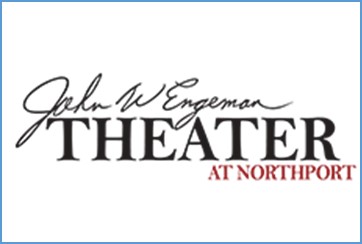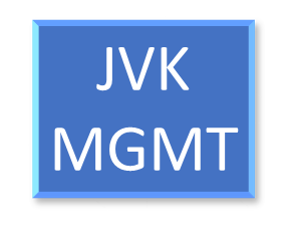Blight Battle Turns Toward Graffiti
/Graffiti-tagged properties would be listed on a blight registry all their own and subjected to the same hefty blight fines currently on the books for dilapidated houses and buildings if a new proposal is ratified by the Huntington Town Board.
Proposed by Councilwoman Susan Berland, the new measure would also require the expedited removal of hate speech-laden graffiti. A public hearing is scheduled for June 9 to consider the proposal.
The councilwoman said last week that the legislation is aimed at “shoring up the code” and “making it easier for the town to enter onto properties and get rid of graffiti legally.” Clean-up assignments would be handled by the town’s General Services department.
In most cases under Berland’s legislation, property owners will have 10 days after receiving a summons to remove graffiti on their property. After that time, the town, after giving written notice, can send General Services workers in to remove the graffiti. If that happens, the property owner will be charged the cost of the removal, plus a $250 administrative fee.
If a property remains marred by graffiti or the owner fails to pay the town’s clean-up bill within 30 days, the property will be added to a graffiti blight inventory, which will cost homeowners $2,500 and owners of commercial properties $5,000. Property owners who fail to pay clean-up costs will have that bill become a lien on their property.
Graffiti containing language or images recognized as “hateful, derogatory or inflammatory toward race, color, religion, disability, sexual orientation, gender, national origin or ancestry” must be cleared within three days of a notice of violation being issued, per the proposal.
Berland said the three-day window to remove hate speech graffiti gives law enforcement time to gather evidence, while ensuring hateful vandalism is quickly eradicated.
“There was no differentiation in the code prior,” Berland said. “It seems pretty evident that sort of graffiti needs to be removed as quickly as possible.”
While crime victims must clean up the graffiti out of pocket or pay the town’s costs for doing so on their behalf, upon producing a police report, they will not be charged administrative or registration fees in connection with graffiti removal.
Berland said the town will also help victims of vandalism recover costs accrued during the clean-up and provide a copy of the clean-up bill to the district attorney’s office.
“We’ll help you recover the cost from the perpetrator if they’re caught,” Berland said, stressing that property owners who cooperate with the town will not be added to the blight registry.
The June 9 hearing is set to begin at 7 p.m. at Huntington Town Hall.
The graffiti proposal largely mirrors existing blight code which Berland championed four years ago.
Registering a blighted residential property costs $2,500 per year; for a commercial property, the fee is $5,000. The blight code, which was enacted in 2011 and updated several times to address persistent blight and vacant properties, deems properties blighted when they rack up 100 or more points on a violation rubric ranging from 5 to 50 points. The more serious the violation, the more points that offense is worth on the scale.






